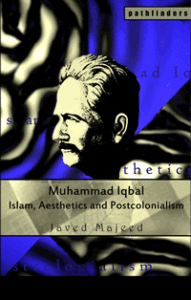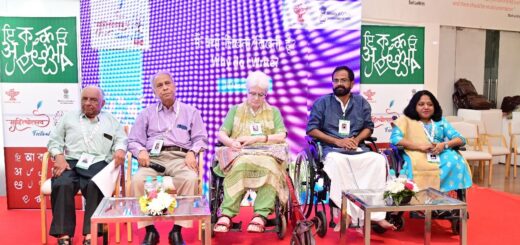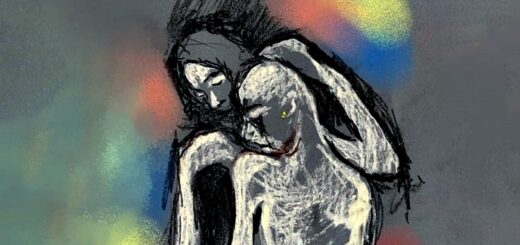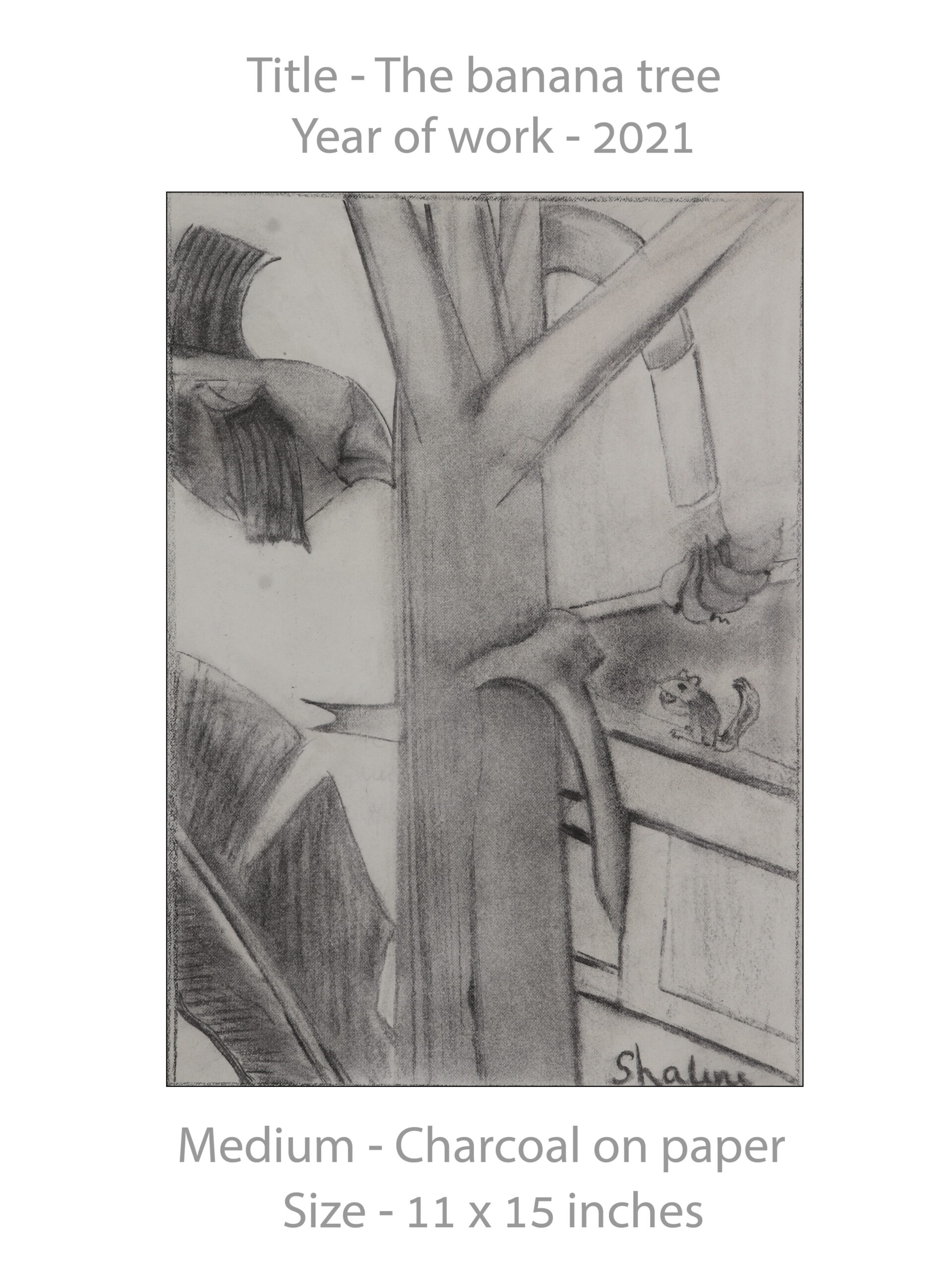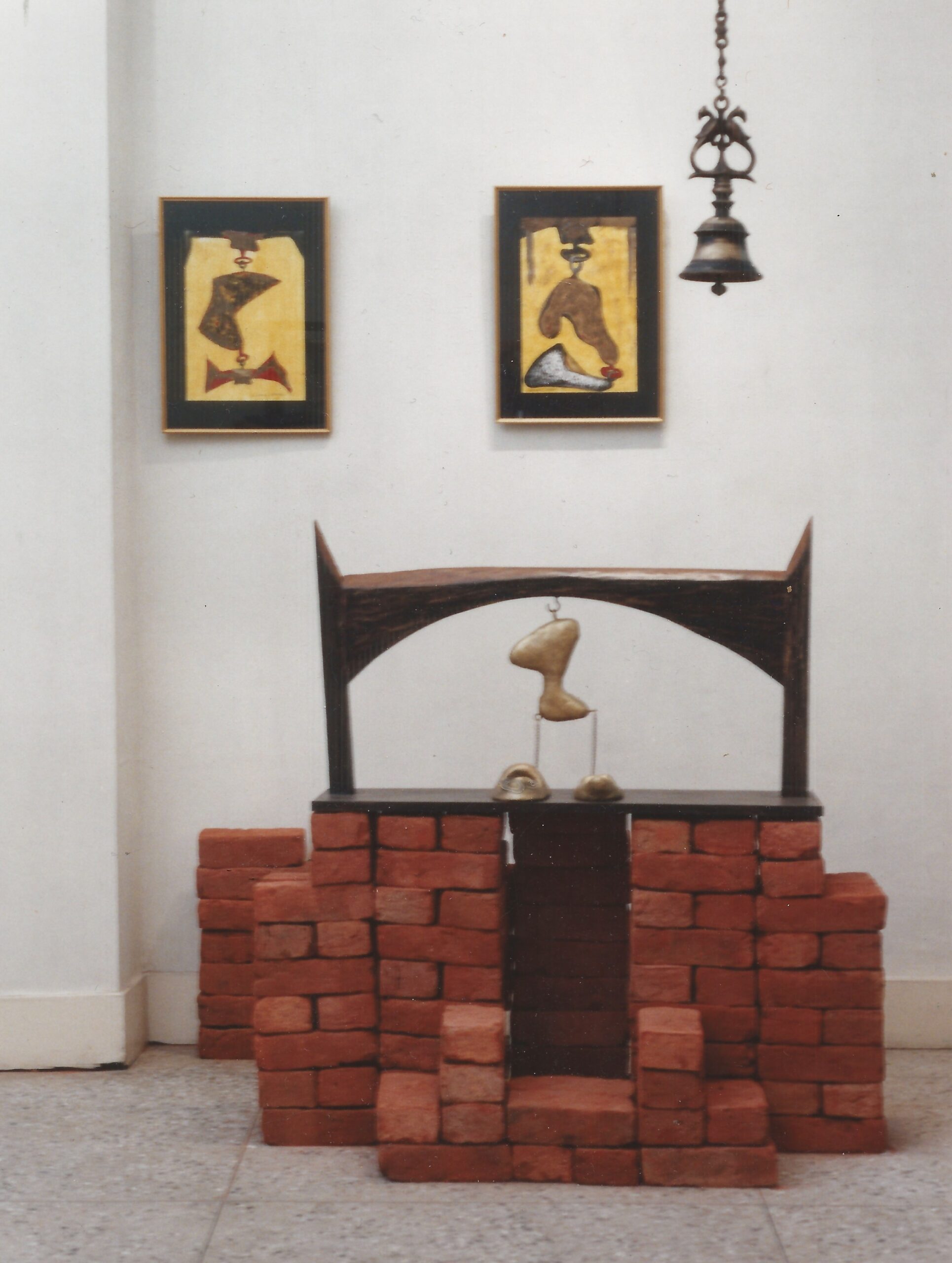Islam, Aesthetics and Postcolonialism
Book Mark
Book Review and Book Launch Coverage
By
Divya Raina
A well-attended panel discussion at the India International Centre Annexe held last month (December 23, 2008) more than made up for my disappointment at the sudden cancellation (on Eid) of a public lecture at the same venue in the same month. The occasion was the launch of Professor Javed Majeed’s book,Muhammad Iqbal: Islam, Aesthetics and Postcolonialism, published by Routledge. Professor Majeed was in town for the occasion along with his wife, Swarna Aiyar, who is a historian in her own right. A good omen that Professor Majeed referred to about the book’s launch was that on their trip to Agra the previous day, their guide to the Taj Mahal was, coincidentally, also called Muhammad Iqbal!
Javed Majeed is Professor of Postcolonial Studies at Queen Mary, University of London, and his book is the first in the Routledge series “Pathfinders”. The series editor, Dilip M. Menon, who introduced the author and flagged off the proceedings, explained how the series is planned to reflect India’s intellectual, literary, artistic and cultural traditions. They are aimed at the general reader as well as those who have an academic interest in the subject.
In his brief address and introduction to the book, Professor Majeed quoted historian Romila Thapar’s statement about the “tyranny of labels” and how stereotyping of the kind that exists in today’s context is particularly dangerous and how this study in particular provides a complex and detailed account of Iqbal so that it is no longer possible to appropriate him into any one political agenda.
In fact, the book aims to show how Iqbal combined a variety of positions in his texts, and how the tensions between these positions were kept in play in his poetry. Further, the book attempts to reveal how the style in which Iqbal’s poems imagine an Islamic community, both globally and within South Asia, distinguish the nature of that community. It identifies how Iqbal used and inverted Persian and Urdu aesthetic traditions to imagine a global Muslim community and an Islamicised postcolonial identity. Apparently, it was through complex inversions and appropriations of tradition that Iqbal created what the author calls “harmoniously dissonant verse” in which the relationships between an innovative individual selfhood and a reconstructed Islam were figured.
Apart from the author those who also spoke on the occasion were Professor Alok Rai from the Department of History and Professor Farhat Hasan from the Department of History, both of Delhi University. Shammi Mamik, Publisher, Routledge India, proposed a vote of thanks and with a couple of questions from the audience, the evening came to an end.
Details about the book:
Name of the book : Mohammad Iqbal:Islam, Aesthetics and Postcolonialism
Name of the author : Javed Majeed
Name of the Publisher: Routledge
Price not known
Available at:
Taylor and Francis Books India Pvt Ltd,
512 Mercantile House,
15 Kasturba Gandhi Marg,
New Delhi: 110 001.
Tel.: (00 91 11) 23706110 (Direct), 23712131
Fax: (00 91 11) 23712132



